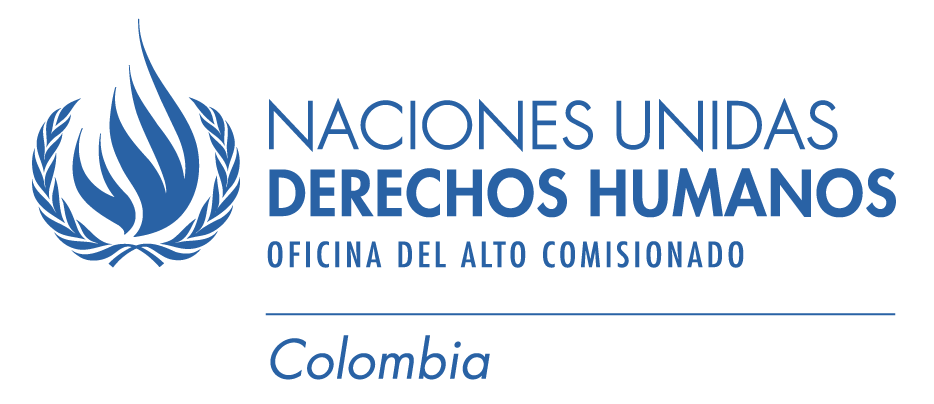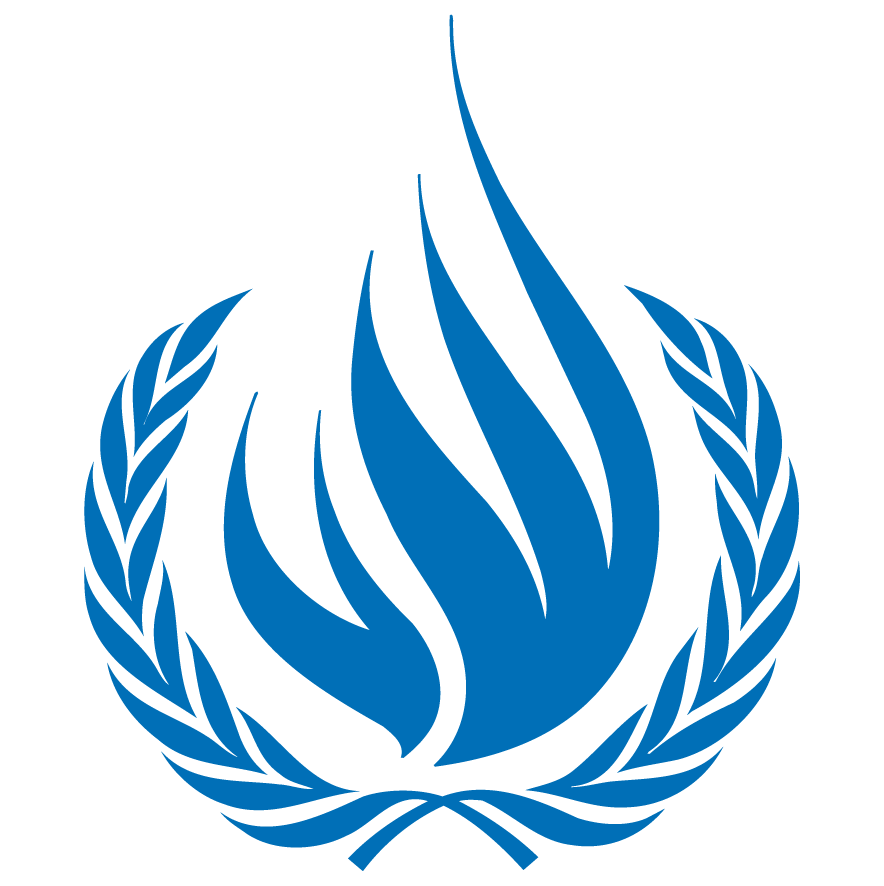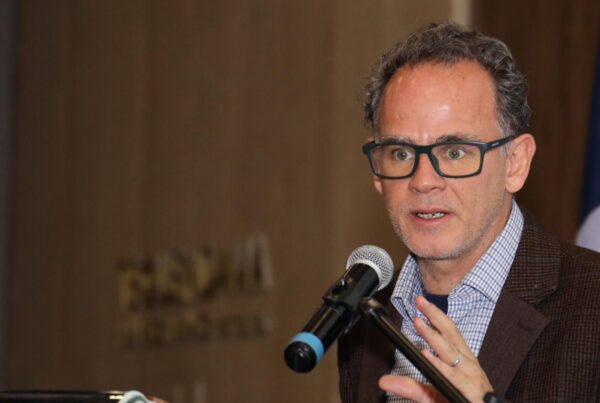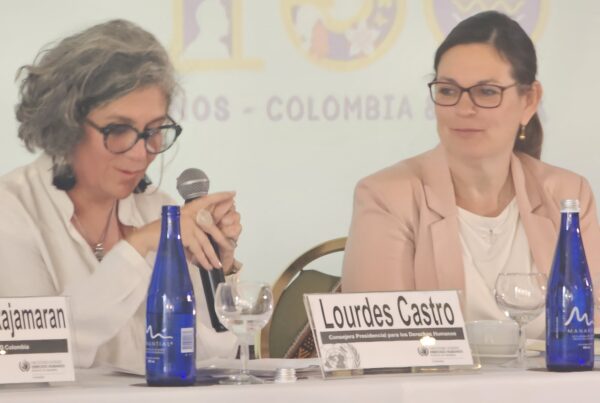GINEBRA (el 26 de mayo de 2018). El Alto Comisionado de las Naciones Unidas para Derechos Humanos Zeid Ra’ad Al Hussein dijo hoy sábado que el Pacto «de respetar, proteger y garantizar derechos humanos» firmado por los cinco candidatos que participan en las elecciones presidenciales de mañana en Colombia es un hecho «sin precedentes, impresionante y alentador».
«Creemos que es la primera vez que los candidatos a la Presidencia de un país han firmado un compromiso formal e inequívoco para mantener el respeto por los derechos humanos», dijo Zeid.
“Esto viene como un soplo de aire fresco en un mundo donde algunos líderes políticos han estado minimizando, o activamente desacatando, sus obligaciones de respetar el derecho internacional de los humanos humanos. Agradezco a los líderes políticos por tomar este paso positivo y los urjo a que hagan todos los esfuerzos posibles por llevar a la práctica este Pacto”.
El Pacto de Derechos Humanos, el cual fue iniciativa de la Oficina de la ONU para los Derechos Humanos en Colombia, y está firmado de forma individual por todos los candidatos, dice lo siguiente:
“Yo como candidato a la Presidencia de la República de Colombia me comprometo públicamente a que en mi programa de Gobierno habrá un énfasis especial para respetar, proteger y garantizar los derechos humanos. Al mismo tiempo mis acciones de Gobierno impulsarán, en todo el país, y, en particular, en las zonas más afectadas por el conflicto y la violencia, la inclusión política, económica y social de las personas que habitan en estas zonas, haciendo efectivos de una forma real el ejercicio de los derechos civiles y políticos, y económicos, sociales y culturales…”.
Al reconocer uno de los más serios y persistentes problemas que enfrenta el país, el Pacto por los Derechos Humanos específicamente recoge el análisis de la Oficina de ONU Derechos Humanos. “Es importante para evitar el asesinato de líderes, de lideresas rurales y de defensores de derechos humanos, una verdadera inclusión política, económica y social en el país”.
La Oficina de la Naciones Unidas para los Derechos Humanos en Colombia, que fue abierta en 1997, es una de las presencias más antiguas, más grandes y la más respetado de las 56 que tenemos abiertas alrededor del mundo. Esta Oficina jugó un rol importante en las negociaciones que se llevaron a cabo para lograr la firma del Acuerdo de Paz entre el Gobierno actual y las FARC-EP, en septiembre de 2016.
Al anunciar la firma del Pacto Social por los Derechos Humanos, en Bogotá, el pasado jueves, el Representante de la Oficina de las Naciones Unidas para los Derechos Humanos en Colombia, Alberto Brunori, destacó los cuatro desafíos principales que enfrentaría el próximo Presidente:
1. Combate a la impunidad, incluyendo los casos de feminicidio y violencia contra la mujer;
2. Brindar garantías para el ejercicio de la defensa de los derechos humanos. “Los ataques letales en contra de personas que defienden los derechos son los síntomas más visibles de un problema más profundo… y el miedo a la violencia conduce a la autocensura y produce parálisis de la acción colectiva necesaria en una sociedad democrática”
3. Aprovechar las oportunidades que ofrece el proceso de paz para consolidar un poder estatal respetuoso de los derechos humanos, a través de la consolidación del Estado de derecho y el fortalecimiento de las instituciones públicas en el nivel local, incluyendo el combate a la corrupción y garantía de implementar la reforma rural integral, como fue pactado en el Acuerdo de Paz
4. Brindar seguridad y proteger derechos, incluyendo una respuesta firme ante las distintas manifestaciones de criminalidad; firme y pero en el pleno respeto de los derechos humanos.
“Estos desafíos reflejan los problemas reales, crónicos, cotidianos que han estado conteniendo el desarrollo político, social y económico en Colombia”, dijo Zeid en Ginebra, Suiza, en la sede de la Oficina de la ONU para los Derechos Humanos. “El hecho de que todos los candidatos a la Presidencia se hayan comprometido a enfrentar los anteriores retos que cité, y otras situaciones importantes de derechos humanos, es un gran paso hacia adelante”.
“Mis colegas y yo, pero en particular, el pueblo de Colombia, tendrá en cuenta la palabra comprometida del próximo Presidente y sus sucesores. Hacer una promesa es una cosa. Cumplirla es otro. No obstante, ahora todos tenemos un criterio claro sobre el cual medir el desempeño del candidato ganador al asumir el rol de Presidente de la República «.
FIN
Para obtener información adicional: Rupert Colville (+41 22 917 9767 / rcolville@ohchr.org),Ravina Shamdasani (+41 22 917 9169 / rshamdasani@ohchr.org)
Este año 2018 se conmemora el 70º aniversario de la Declaración Universal de Derechos Humanos, aprobada por las Naciones Unidas el 10 de diciembre de 1948. La Declaración Universal, traducida a la cifra récord de 500 idiomas, se basa en el principio de que “todos los seres humanos nacen libres e iguales en dignidad y derechos”. La DUDH sigue siendo pertinente para todos, cada día. Con el fin de honrar el 70º aniversario de este documento que tan extraordinaria influencia ha ejercido, instamos a todas las personas a Defender los derechos humanos: www.standup4humanrights.org
Versión en inglés
Zeid welcomes unprecedented commitment to human rights by all Colombian presidential candidates
GENEVA (26 May 2018) – The UN High Commissioner for Human Rights Zeid Ra’ad Al Hussein said on Saturday that a signed commitment to “respect, protect and guarantee human rights” by all five candidates taking part in tomorrow’s presidential election in Colombia is “unprecedented, impressive and heart-warming”.
“We believe this is the first time ever, anywhere, that every single presidential candidate has signed up to such an unequivocal formal pledge to uphold human rights,” Zeid said. “This comes as a breath of fresh air in a world where so many political leaders have been playing down, or actively flouting, their obligations to uphold international human rights law. I thank Colombia’s leading politicians for taking this positive step, and urge whoever wins the election to make every effort to abide by this landmark agreement.”
The Agreement on Human Rights, which was arranged by the UN Human Rights Office in Colombia, and individually signed by each of the five candidates, states the following:
“I, as candidate for the Presidency of the Republic of Colombia, publicly pledge that in my Government there will be a special emphasis to respect, protect, and guarantee human rights. At the same time, the actions of my Government will promote, throughout the country, and in particular, in areas most affected by conflict and violence, the political, economic, and social inclusion of the people who live in these areas…”
In recognition of one of the most serious and persistent problems plaguing the country, the Agreement also specifically notes the UN Human Rights Office’s analysis “that it is important to avoid the assassination of leaders, rural leaders and human rights defenders, which will lead to true political, economic and social inclusion in the country”.
The UN Human Rights Office in Colombia, which was opened in 1997, is one of the oldest, largest and most respected of the organization’s 56 field presences around the world. It played an important role in the negotiations leading up to the signing of the Final Peace Accord by the current Government and FARC-EP movement in September 2016.
When announcing the signing of the Agreement in the capital Bogota on Thursday, the UN Human Rights Office Representative in Colombia, Alberto Brunori, highlighted four main challenges that would confront the next President:
1. Combating impunity, including in cases of femicide or violence against women;
2. Providing guarantees to enable the defence of human rights, noting that “lethal attacks against defenders of rights are the most visible symptoms of a deeper problem… and that the fear of violence leads to self-censorship and produces paralysis of the collective action necessary in a democratic society.”
3. Using the opportunities offered by the peace process to consolidate a state power that respects human rights through the consolidation of the rule of law and strengthening of public institutions at the local level, including combatting corruption and guaranteeing wide-ranging rural reform, as pledged in the Peace Accords.
4. Providing security while protecting rights, including a firm response to criminal activities while simultaneously fully respecting human rights standards.
“These challenges reflect real, chronic, everyday problems that have been holding back the political, social and economic development of Colombia,” Zeid said at the UN Human Rights Office headquarters in Geneva. “The fact that all the Presidential candidates have pledged to confront them, and all other human rights issues in Colombia, is a big step forward.
“I and my staff hope, above all, the people of Colombia will hold the next President, and his successors, to their word. Making a pledge is one thing. Fulfilling it is another. But we all now have a clear yardstick against which to measure the winning candidate’s performance upon taking up the role of President of the Republic.”
ENDS
For more information and media requests, please contact Rupert Colville (+41 22 917 9767 / rcolville@ohchr.org) or Ravina Shamdasani (+41 22 917 9169 / rshamdasani@ohchr.org)
2018 is the 70th anniversary of the Universal Declaration of Human Rights, adopted by the UN on 10 December 1948. The Universal Declaration – translated into a world record 500 languages – is rooted in the principle that “all human beings are born free and equal in dignity and rights.” It remains relevant to everyone, every day. In honour of the 70thanniversary of this extraordinarily influential document, and to prevent its vital principles from being eroded, we are urging people everywhere to Stand Up for Human Rights: www.standup4humanrights.org.
Tag and share – Twitter: @UNHumanRights and Facebook: unitednationshumanrights
https://hchr.hrev.org/wp-content/uploads/2018/05/comunicado_Zeid_20180526.pdf
